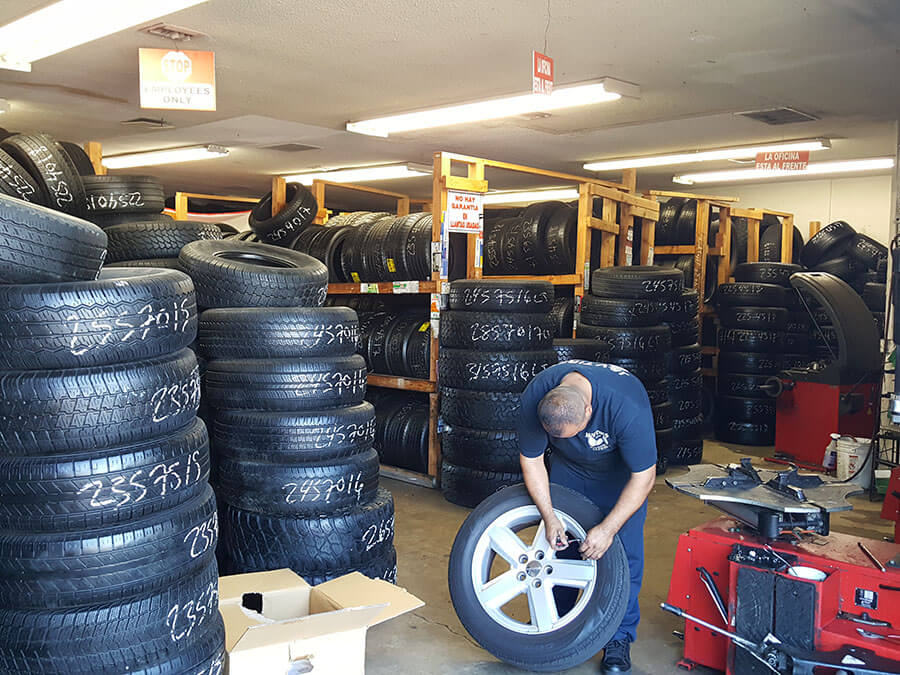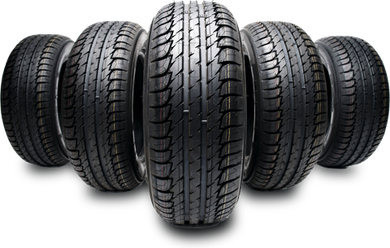Conserve Big with Mopar Tire Service Specials in Morris: Limited Time Uses
Conserve Big with Mopar Tire Service Specials in Morris: Limited Time Uses
Blog Article
Tire Service: Recognizing Tire Pressure Surveillance Systems
Recognizing Tire Stress Tracking Solutions (TPMS) is an important aspect of maintaining optimum car performance and safety when traveling. With innovations in auto technology, TPMS has become a conventional function in contemporary lorries, offering real-time information on tire stress degrees. Delving much deeper right into the complexities of TPMS, one can discover the numerous components that make up this system and the value of each in guaranteeing exact monitoring. From straight to indirect TPMS systems, the landscape of tire stress surveillance is diverse, each with its special set of benefits and considerations. Stay tuned to unwind the intricacies of TPMS, from maintenance pointers to the undeniable benefits of maintaining your tires effectively pumped up. morris tire and alignment.

Significance of TPMS
The significance of Tire Stress Surveillance Systems (TPMS) depends on their ability to boost car security and performance through real-time surveillance of tire pressure levels. Maintaining the right tire pressure is vital for guaranteeing ideal handling, stopping, and general security of a lorry. TPMS offers motorists with immediate feedback on any kind of underinflated or overinflated tires, permitting prompt changes to be made.
Parts of TPMS
Sensing units are usually situated in the tire shutoff stem or attached to the wheel assembly, where they measure tire pressure and transmit data to the control component. Some progressed TPMS versions additionally present the real tire stress analyses for each tire, giving drivers with real-time details to ensure optimal tire efficiency and security. By checking tire stress continually, TPMS aids stop mishaps, decreases tire wear, and enhances fuel efficiency, making it a vital element for car safety and efficiency. tire shop morris.
Types of TPMS

On the other hand, indirect TPMS relies upon the lorry's wheel rate sensing units to keep track of tire stress. This system finds underinflation by comparing the rotational speeds of the wheels. Indirect TPMS is much less pricey than straight TPMS, as it makes use of existing sensors within the car.
While straight TPMS supplies much more accurate analyses, indirect TPMS is less complex in style and generally requires much less upkeep. Both systems have their restrictions and benefits, and the choice between them usually relies on aspects such as expense, car make, and individual choice. Recognizing the differences in between these two kinds of TPMS can help automobile proprietors make informed decisions pertaining to tire upkeep and safety.
TPMS Upkeep Tips
Conduct regular checks on the tire pressure degrees and contrast them with the TPMS readings to ensure they are consistent. During tire turning or replacement, make certain that the TPMS components are taken care of very carefully to prevent published here any type of potential damages. If the TPMS cautioning light brightens on the dashboard, deal with the concern quickly by examining the tire pressures and the general system for any kind of faults.
Advantages of Proper Tire Stress
Preserving proper tire stress, as emphasized in TPMS Maintenance Tips, is crucial for enjoying the numerous advantages connected with ideal tire stress degrees. Among the main advantages of keeping the correct tire pressure is enhanced gas effectiveness. When tires are effectively inflated, there is less rolling resistance, causing far better gas economic situation. Furthermore, appropriate tire stress makes certain also tire wear, extending the life-span of the tires and promoting safer driving problems. With the ideal tire stress, vehicles additionally have better handling and traction, especially in negative weather. This can enhance overall driving performance and safety for the chauffeur and guests. Preserving ideal tire pressure can contribute to a smoother and more comfy ride by decreasing vibrations and sound created by underinflated tires. In verdict, the advantages of appropriate tire stress exceed simply tire longevity; they encompass improved fuel effectiveness, enhanced safety and security, far better automobile performance, and general driving comfort.
Conclusion
To conclude, recognizing tire pressure surveillance systems (TPMS) is vital for maintaining optimal tire stress and making sure vehicle safety and security. By recognizing the value of TPMS, knowing with its parts, knowing the different kinds available, adhering to correct maintenance pointers, and realizing the benefits of preserving correct tire stress, vehicle drivers can boost their driving experience and extend the life-span of their tires. Proper tire pressure is essential to risk-free and efficient car procedure.

Report this page